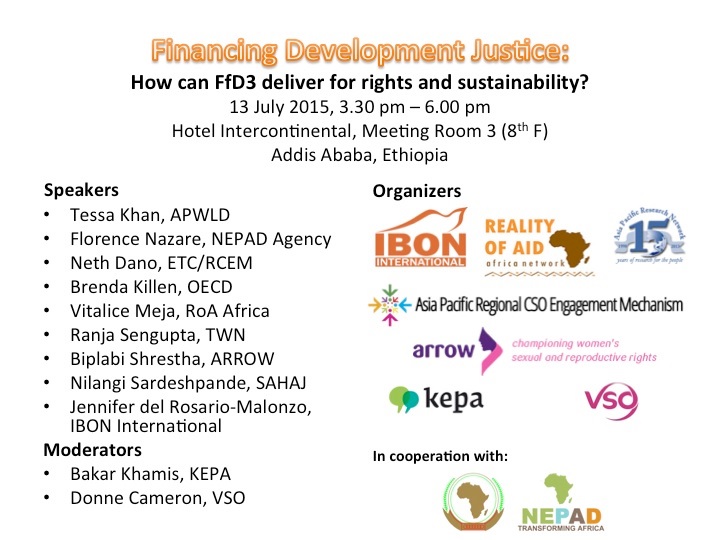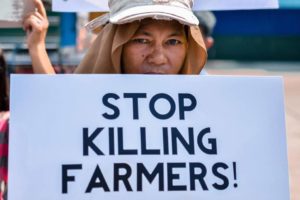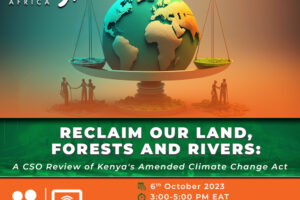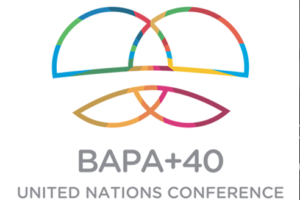Side event during the Third International Conference on Financing for Development (FfD3)
Financing Development Justice: How can FfD3 deliver for rights and sustainability?
13 July 2015, 3.30 pm – 6.00 pm
Hotel Intercontinental, Meeting 3
Addis Ababa, Ethiopia
[[{“type”:”media”,”view_mode”:”media_large”,”fid”:”913″,”attributes”:{“alt”:””,”class”:”media-image”,”height”:”360″,”style”:”width: 350px; height: 263px; margin: 5px; float: right;”,”typeof”:”foaf:Image”,”width”:”480″}}]]Development justice is an alternative framework that aims to redistribute resources, wealth, power and opportunities to all human beings equitably. It compels us to dismantle the existing systems that channel resources and wealth from developing countries to wealthy countries and to develop economies that enable dignified lives, accommodate needs and facilitate capabilities, employment and livelihoods available to all. It promotes democratic and just governance systems that enable people and countries to make informed decisions over their own lives, communities and futures. It means the common good takes precedence over elite interests, with the needs and rights of all women and men realized, and the environment and lives of future generations are not sacrificed to benefit only the few.
Will FfD3 advance the realization of human rights and development justice or will it further push the world into inequality and unsustainability? This side event will discuss the opportunities and challenges in mobilizing domestic and international resources for development justice. It will also look into private sector engagement, such as through public-private partnerships, and outcomes for sustainable development financing and public welfare. Overall, the meeting aims to ensure the articulation of development priorities from a common perspective.
Objectives
The event will provide a multi-stakeholder forum for building consensus towards an FFD3 outcome for development justice. It will give recommendations for addressing the resource gaps in financing for development from the lens of development justice, human rights, and sustainable economic development.
Topics for discussion& speakers
1. Key issues in financing for development: From the lens of development justice
- Tessa Khan, APWLD
2. Overcoming challenges in mobilizing domestic resources forsustainable development
- Ms. Florence Nazare, NEPAD Agency (On overcoming challenges in sustainable economic growth in Africa)
- NethDano, ETC/RCEM
3. Challenges and opportunities for Official Development Assistance for sustainable development
- Brenda Killen, OECD
- VitaliceMeja, RoA Africa
4. Challenges and opportunities in protecting public welfare in the era of engaging private sector actors in development
- Ranja Sengupta, TWN
- Biplabi Shrestha, ARROW
- Nilangi Sardeshpande, SAHAJ
- Jennifer del Rosario-Malonzo, IBON International
5. Special Presentation on the Reality of Aid 2014 Report: Rethinking Partnerships in a Post-2015 World
Organizers
CSO co-organizers of this event include:
- IBON International, a non-government organization that engages in capacity development for human rights and democracy around the world. It strengthens links between local campaigns and advocacies to international initiatives and brings development issues from the international arena in a way that peoples’ organizations and social movements can engage with at country level.
- Asia Pacific Regional CSO Engagement Mechanism (RCEM), a mechanism that aims to enable stronger cross constituency coordination and ensure that voices of all sub-regions of Asia Pacific are heard in intergovernmental processes.
- International networks and organizations such as Asia Pacific Research Network (APRN), Reality of Aid Africa Network, Asia-Pacific Resource & Research Centre for Women (ARROW), Voluntary Service Overseas (VSO), and KEPA-The Finnish NGO Platform
In cooperation with:
- NEPAD Agency: Designated as the technical body of the African Union, the core mandate of the NEPAD Agency is to facilitate and coordinate the implementation of regional and continental priority programmes and projects and to push for partnerships, resource mobilization and research and knowledge management.




